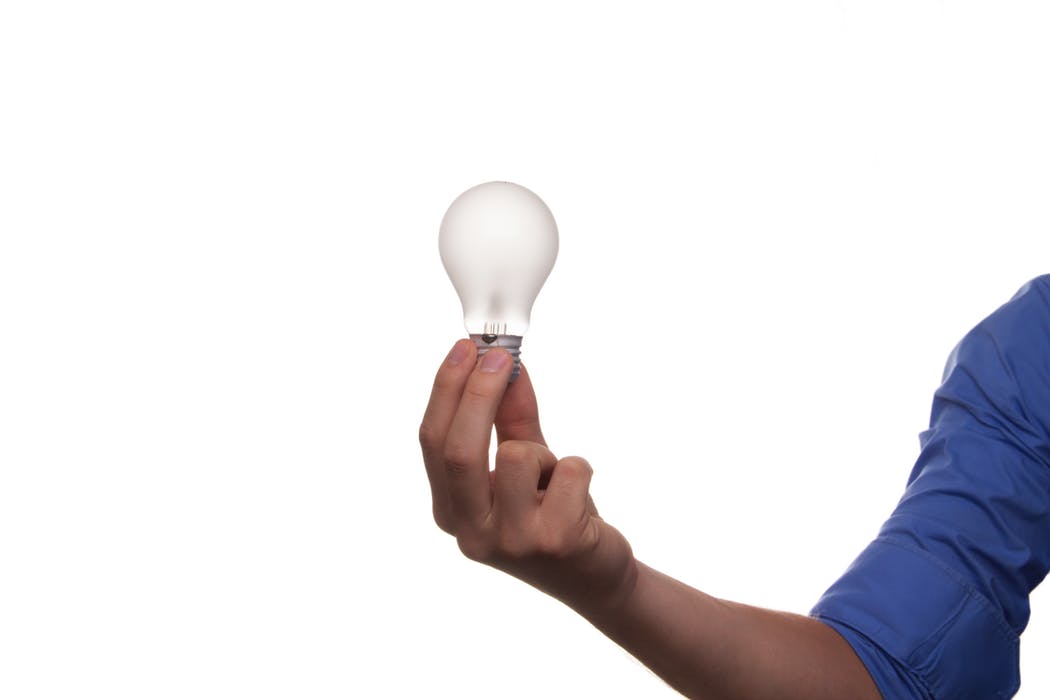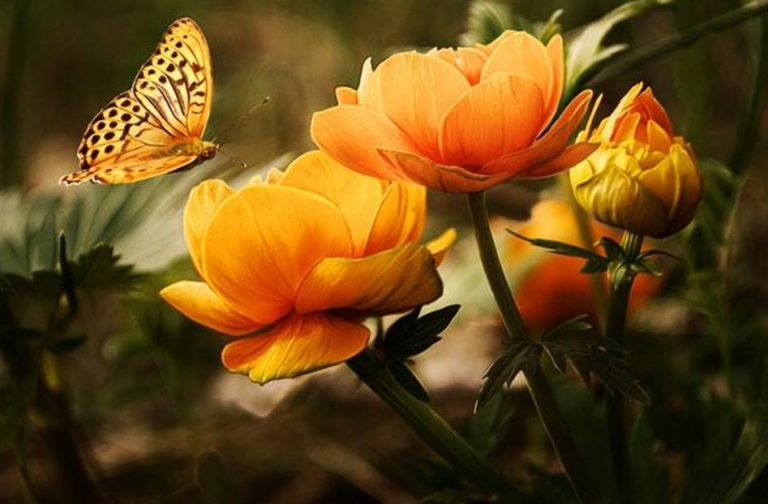
If you are considering switching to LED lighting and are wondering if they are a good option from an environmental point of view, you are in the right place. In this article, we are going to answer exactly that question.
LEDs last longer
When you switch to LED lighting you really have to buy from a reputable supplier, somewhere like the LED Hut. This is because one of the main benefits of this technology, from an environmental point of view, is that the bulbs last far longer than other formats do. That means less glass and other components having to be manufactured. In turn, that translates into fewer resources having to be taken from the earth, processed and transported.
If you were to light a room for 25,000 hours you would only need one good-quality LED bulb to be able to do so. Whereas you would need, on average, 21 incandescent bulbs or 3 compact fluorescent lights (CFLs). As you can see that is a significant improvement. However, to last that long the LED needs to be well-made, which they will be if you buy from a reputable manufacturer and retailer.
LEDs are energy efficient
Studies have shown that LEDs are up to 80% more efficient than other types of bulbs. This is because 95% of the energy used is turned into light. This is not the case with fluorescent lights. Much of the energy that they consume is turned into heat rather than light.
LEDs require less power to function
In addition, LEDs draw less power, in the first place. Potentially, you can replace an 84 watt fluorescent light with a 36 watt LED. This means you can light the same space using around 40% less power.
LEDs do not contain mercury
Properly manufactured LED bulbs contain no toxic chemicals. This is not the case with fluorescent bulbs, which have a small amount of mercury sealed into the unit when they break that mercury is released. That is why you need to be careful when cleaning up strip lighting or CFLs. Naturally, if these bulbs end up in landfill the mercury does too, which is why on balance many experts feel LEDs are in fact better for the environment.
However, you do need to understand that LEDs are not currently that easy to recycle. As a result, when they are spent they are more likely to end up in landfill. Fortunately, the manufacturers of these bulbs are tackling this issue. Therefore, in the future, LEDs will become far easier to recycle, which means less of them will end up in landfill.
Light pollution can be reduced using LEDs
For animals that hunt at night, light pollution can be a big issue. It makes it hard for them to stay hidden for long enough to be able to catch it. Plus, for some animals, light pollution makes it harder for them to find and track their prey.
LED lighting can be focused and changed digitally to only transmit certain frequencies of light. This means that where they cast their light and the type of light they emit can be tailored to have less impact on the wildlife in an area. Should you want to learn more about what light pollution is and how it affects humans, plants, and animals, you can do so here.





Leave a Comment